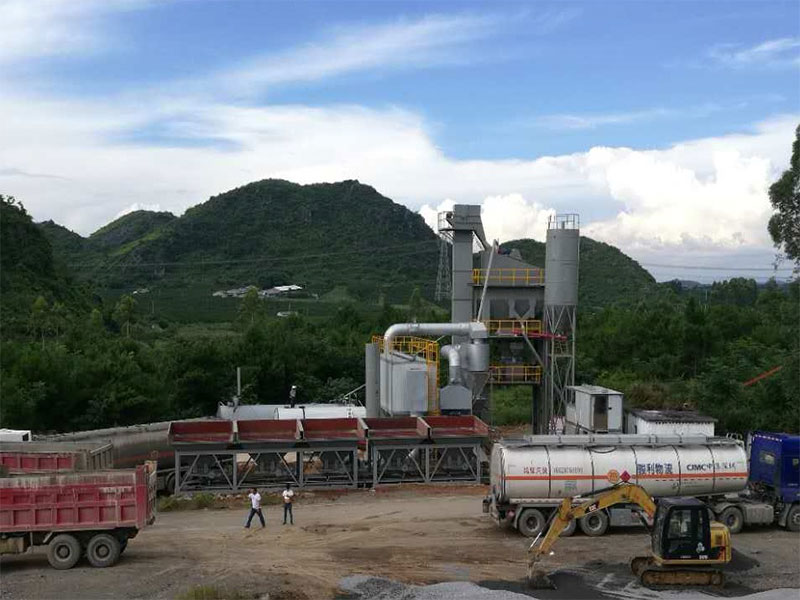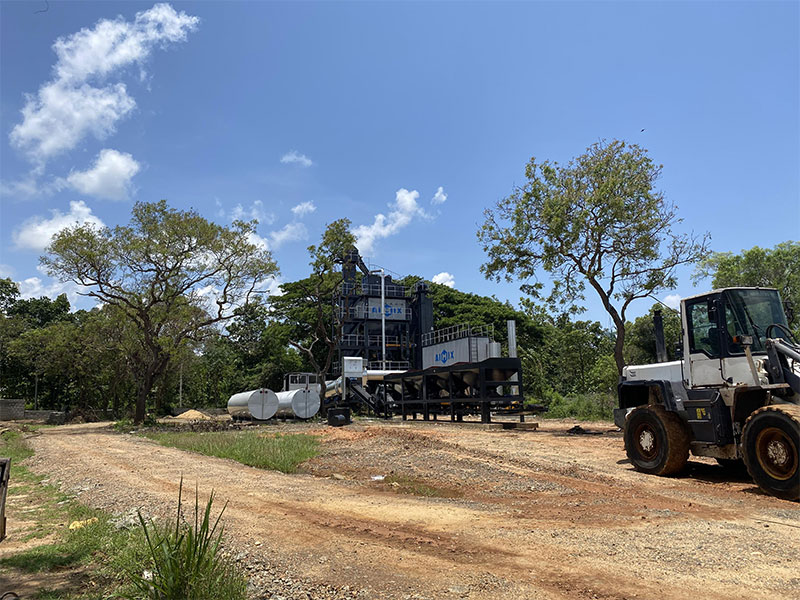Running an asphalt plant efficiently requires a delicate balance between maximizing output and minimizing downtime. In the fast-paced world of construction, any interruption in asphalt production can lead to significant delays and increased costs. Therefore, plant managers must implement effective strategies to optimize operations and ensure seamless performance.
1. Comprehensive Maintenance Schedule
Regular maintenance is the backbone of efficient hot mixing plant operation. Implementing a comprehensive maintenance schedule is crucial for preventing unexpected breakdowns and minimizing downtime. This schedule should include routine inspections, lubrication of machinery, and proactive replacement of worn-out parts. By staying ahead of maintenance tasks, plant managers can address potential issues before they escalate into costly problems.

2. Invest in Training and Development
A well-trained workforce is essential for running an asphalt plant smoothly. Investing in training and development programs for asphalt drum mix plant operators and maintenance staff can significantly enhance operational efficiency. Properly trained employees are better equipped to operate machinery, troubleshoot problems, and perform maintenance tasks effectively. Additionally, ongoing training ensures that employees stay updated on the latest technologies and best practices in the industry.
3. Implement Predictive Maintenance Techniques
Predictive maintenance techniques leverage data and analytics to anticipate equipment failures before they occur. By monitoring key performance indicators such as temperature, vibration, and energy consumption, plant managers can detect early signs of equipment deterioration and take preventive action accordingly. Implementing predictive maintenance not only reduces downtime but also extends the lifespan of critical machinery, leading to long-term cost savings.

4. Optimize Production Scheduling
Efficient production scheduling is essential for maximizing output and minimizing downtime at types of asphalt plants. Plant managers should carefully plan production schedules based on factors such as demand forecasts, material availability, and weather conditions. By optimizing production schedules, plants can avoid overloading machinery, reduce idle time, and ensure a steady supply of asphalt to meet project deadlines.
5. Embrace Automation and Technology
Automation and technology play a crucial role in modern asphalt plant operations. Implementing advanced control systems, real-time monitoring tools, and remote diagnostics can streamline processes, improve accuracy, and enhance overall efficiency. Automated systems can regulate temperature, control material flow, and adjust production parameters in real-time, reducing the need for manual intervention and minimizing the risk of human error.
6. Foster a Culture of Continuous Improvement
Continuous improvement should be ingrained in the culture of asphalt plant operations. Plant managers should encourage feedback from employees, gather performance data, and regularly evaluate processes for opportunities to enhance efficiency. By fostering a culture of continuous improvement, plants can identify and implement innovative solutions to optimize operations and stay ahead of the competition.
Conclusion
Maximizing output and minimizing downtime are paramount for the successful operation of asphalt plants of aimix group co ltd china. By implementing strategies such as comprehensive maintenance schedules, investing in training and development, embracing predictive maintenance techniques, optimizing production scheduling, embracing automation and technology, and fostering a culture of continuous improvement, plant managers can achieve these objectives effectively. By prioritizing efficiency and reliability, asphalt plants can meet the demands of the construction industry while maintaining a competitive edge in the market.